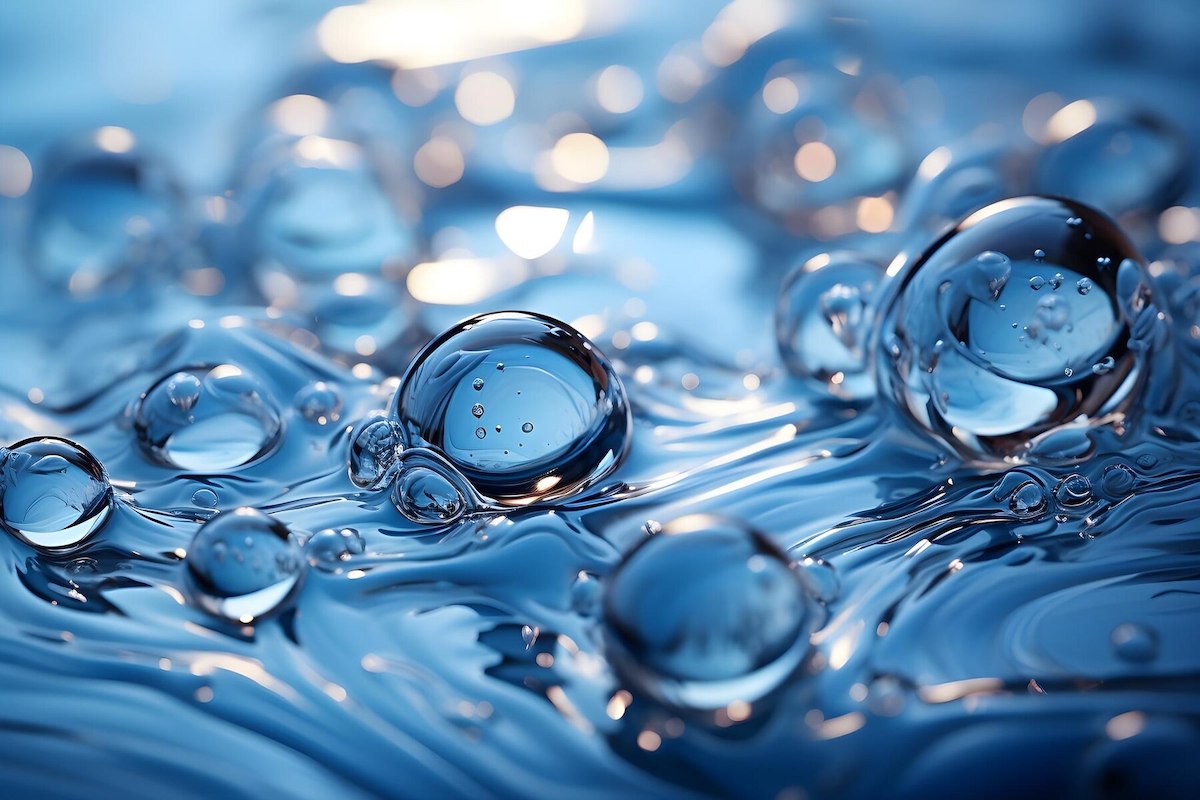Mineralization - The sum of total dissolved salt ions. Waters with a mineralization of less than 1 g / l are considered as fresh waters, but those with a higher mineralization are considered as mineral waters. High levels of mineralization can significantly reduce the effectiveness of water disinfectants and promote corrosion of pipelines.
Alkalinity - An indicator of the resistance of water to a decrease in pH with the addition of acid. Low alkalinity increases pH sensitivity. Water with low alkalinity can quickly change from high pH to low pH and then return again. High total alkalinity reduces pH sensitivity.
Sodium ions (<200 mg / l) - Increased sodium ions increase water mineralization and promote corrosion of pipelines. Excessive amounts of sodium ions make water salty.
Chloride ions (<250 mg / l) - Excessive amounts of chloride ions make water salty, which can signal that in the borehole some water is seawater (seawater intrusion). Chloride ions, like sodium ions, increase the mineralization of water and the electrical conductivity of water, thus increasing the corrosivity of water.
Sulphate ions (<250 mg / l) - The high presence of sulphate ions in the water impairs the taste of the water, increases the electrical conductivity and mineralization of the water, promotes corrosion of the pipes and creates deposits on the walls of the pipes.
Hydrocarbon ions - Hydrocarbonates are the main alkalinity factor in water, so their properties are similar to alkalinity. Increased bicarbonate content affects the electrical conductivity of water and increases corrosion of metal pipes. Under the influence of high temperatures, calcium and magnesium bicarbonates cause deposits on the heating elements as well as form a particle layer inside the pipeline.













 This is a good choice!
This is a good choice!